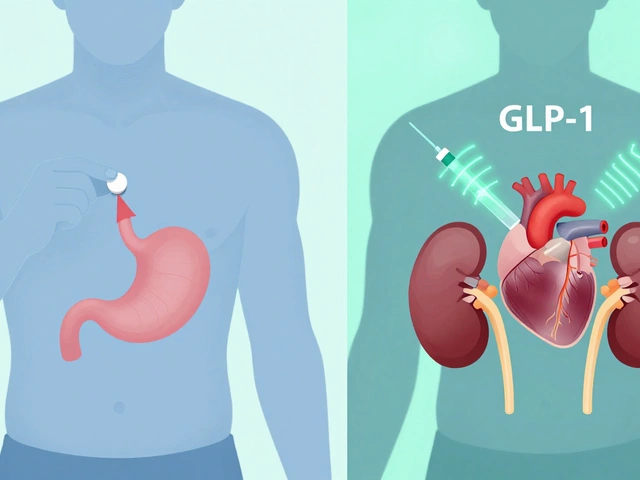IVF Babies: Practical Tips for New Parents
Got an IVF baby on the way? You’re probably buzzing with excitement and a few worries. Below are the things most couples ask about – from pregnancy signs to the first weeks at home.
What’s Different About an IVF Pregnancy?
Most IVF pregnancies feel just like any other, but a few details stand out. Hormone support continues a bit longer, so you might still be on progesterone shots or pills in the second trimester. Your doctor will likely schedule extra ultrasounds – usually one at 6‑7 weeks, another at 10‑12 weeks – to make sure the embryo is growing right.
Because you’ve gone through a lab process, many parents keep a close eye on the baby's heartbeat. Hearing that steady thump on a Doppler can feel like a victory lap.
Common Concerns and How to Handle Them
Low birth weight. IVF babies are a touch more likely to be born a little lighter. Good nutrition, prenatal vitamins, and regular check‑ups help keep growth on track. If your doctor flags a concern, they’ll suggest extra monitoring or a specialist referral.
Preterm birth. The odds are modestly higher for IVF, especially if you’re older or had multiple embryos transferred. Try to reduce stress, get enough sleep, and follow your doctor’s activity guidelines. If you’re at risk, a plan for early delivery – including a neonatal unit nearby – can ease anxiety.
Multiple pregnancies. Transferring more than one embryo can mean twins or triplets. While many families love the idea of multiples, they also bring higher health risks. Talk with your clinic about elective single embryo transfer (eSET) to lower those odds.
Once the baby arrives, the routine changes fast. Here are three quick steps to smooth the transition:
- Stay on your pediatrician’s schedule. First visits usually happen within a week, then at 2, 4, and 6 months. Keep all appointments – they catch any early signs of issues that might be more common in IVF newborns.
- Breastfeeding works for most IVF babies. If you’re pumping or using formula, that’s fine too. The key is consistent feeding and monitoring weight gain.
- Watch for developmental milestones. Rolling, smiling, and reaching are all good signs. If you notice a delay, bring it up early – early intervention makes a big difference.
Many parents wonder if the IVF process can affect the child's long‑term health. Current research shows that most IVF kids grow up healthy, with no major differences in school performance or overall wellbeing. There are a few studies linking a tiny increase in certain rare conditions, but the numbers are low and often tied to factors like maternal age rather than the IVF lab itself.
Finally, give yourself credit. You’ve navigated a complex journey to bring a baby into the world. Celebrate the small wins – the first kick, a clear ultrasound, that first diaper change. If worries creep in, talk to your doctor, join a support group, or simply share a story with another IVF parent. You’re not alone, and the community can be a great source of reassurance.
With the right care, an IVF baby can thrive just like any other child. Keep the lines of communication open, follow medical advice, and enjoy the new adventure that’s about to begin.

Generations of IVF: Exploring Fertility in the First IVF Children
With the advent of IVF technology over four decades ago, researchers and families alike are curious if the first generation IVF babies have carried the legacy of fertility into the next generation. This exploration delves into the stories and statistics of IVF-marked beginnings and follows through to see if these individuals have yet started families of their own, contributing to a growing understanding of fertility science. Tackling both the science and the personal narratives, this overview presents an insightful look at the continuing impact of reproductive technology. Readers will gain a clearer perspective on the hereditary implications of IVF and the evolving nature of human reproduction.

Which Diabetic Medication Helps You Lose Weight?
Feb, 15 2025



